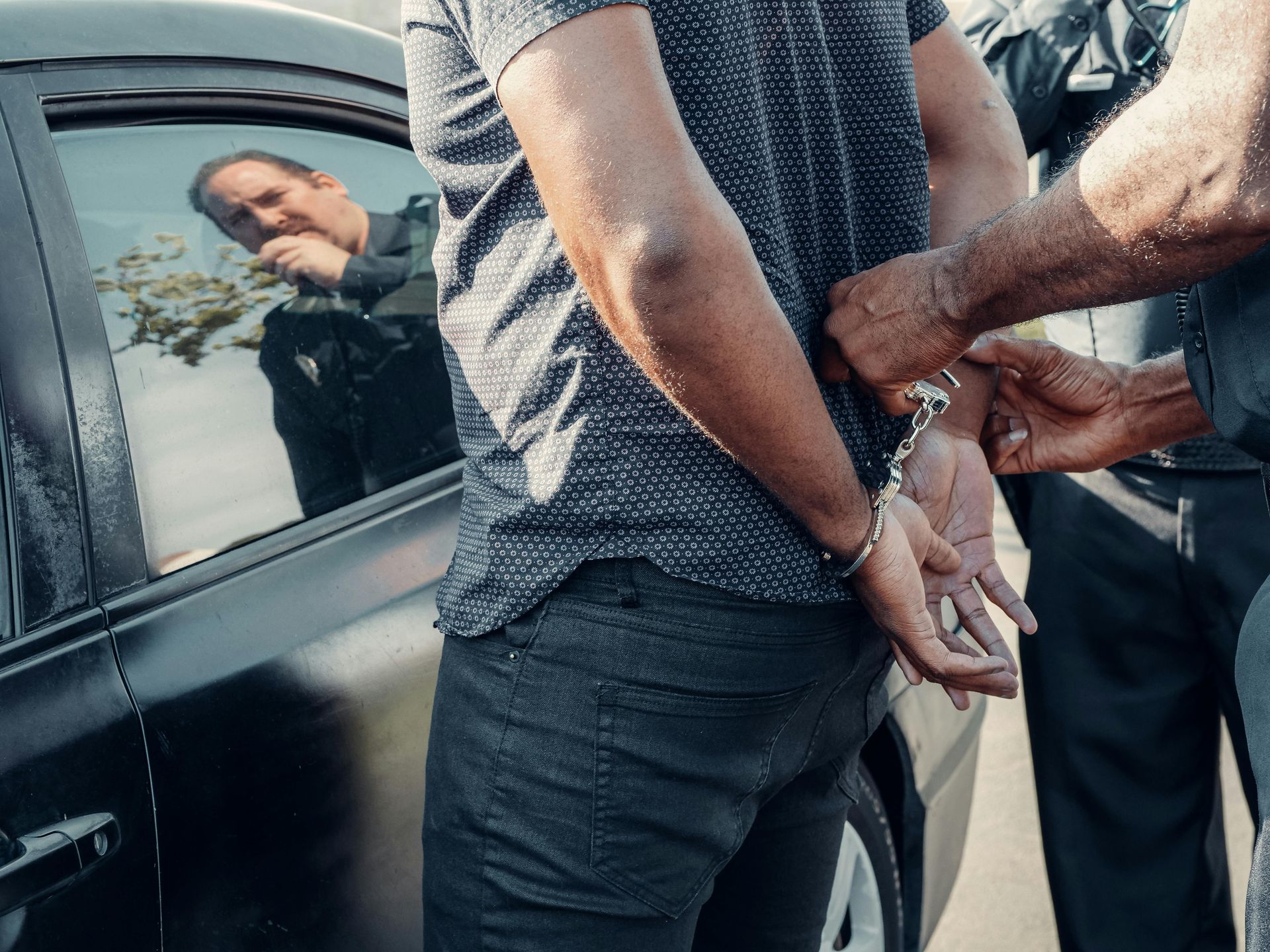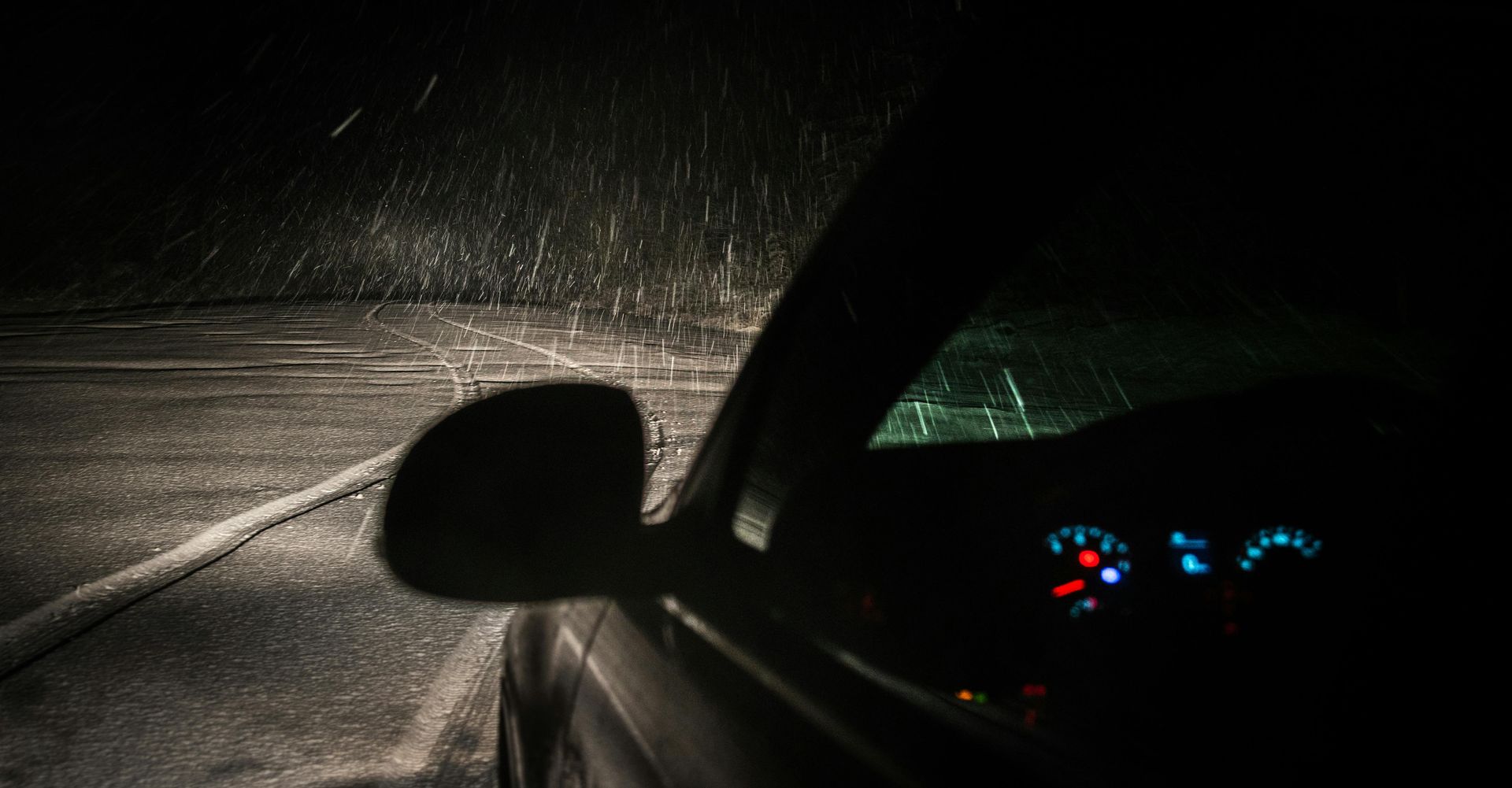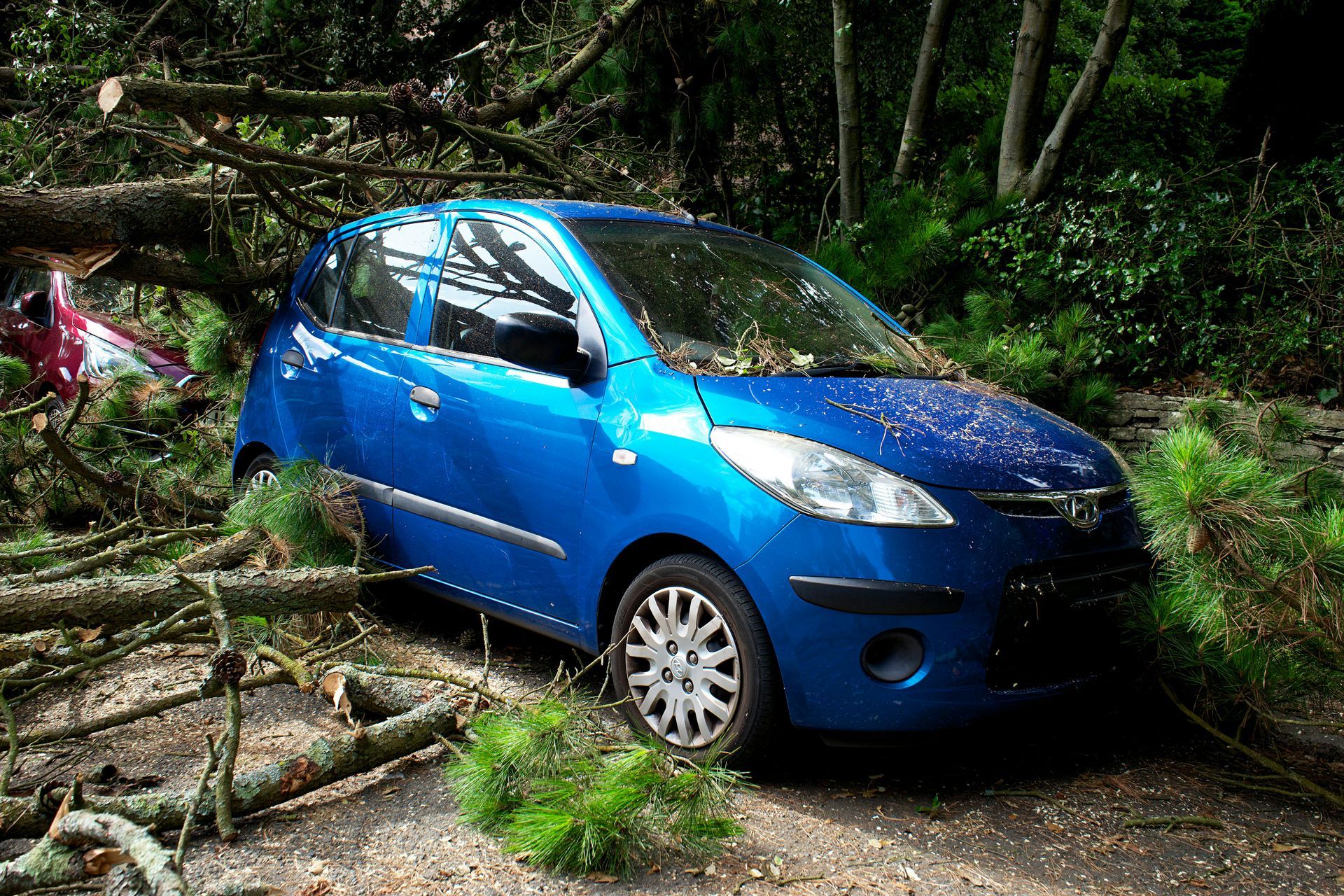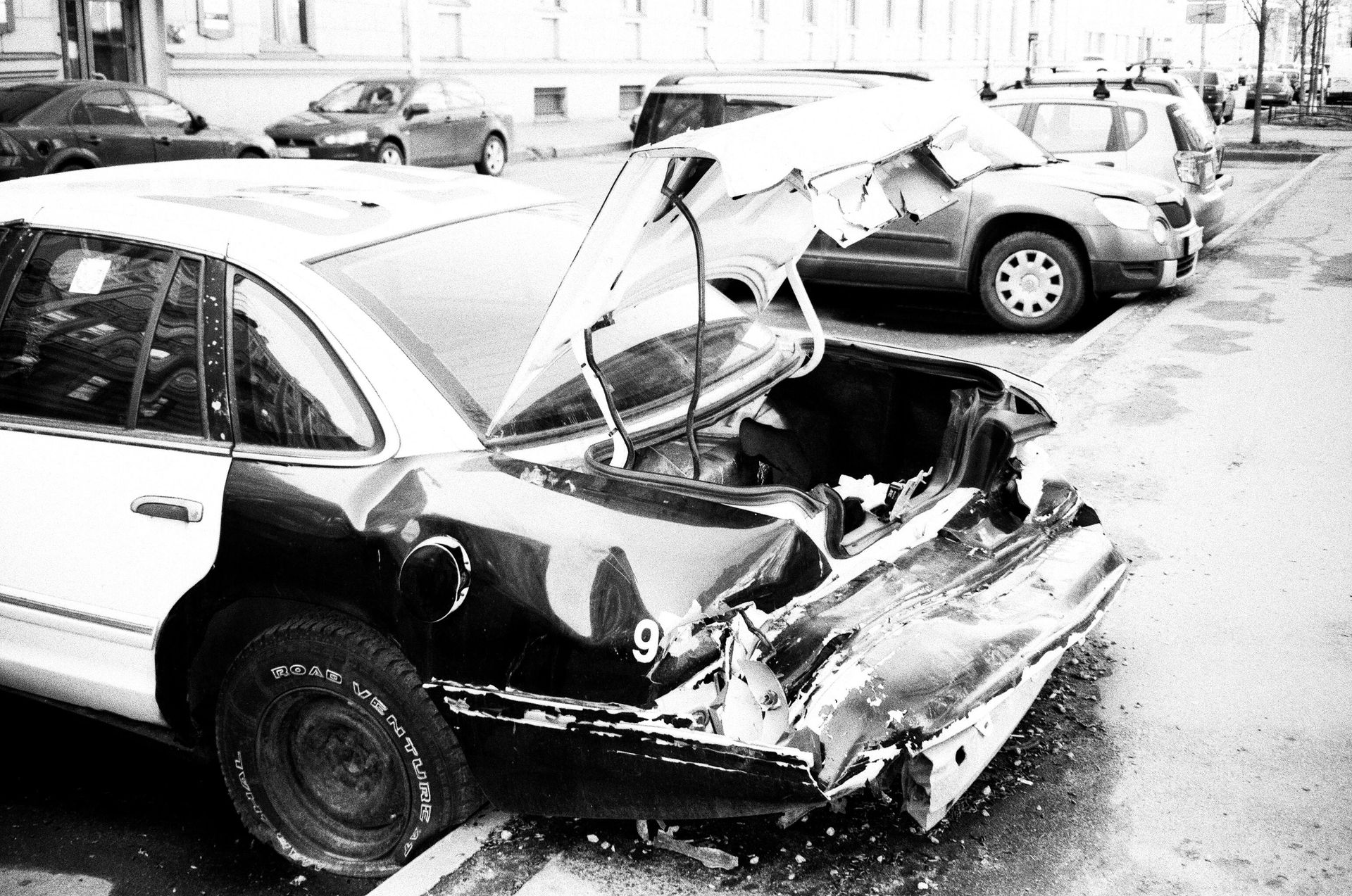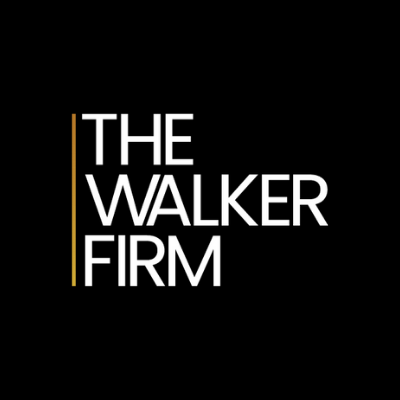Rear-Ended in Pennsylvania? Understanding Fault, Liability, and Your Rights
Rear-end collisions are among the most common types of traffic accidents on Pennsylvania roads, from busy Philadelphia streets to the open highways. While many assume the driver who strikes a vehicle from behind is automatically at fault, the reality of determining liability can be more complex under Pennsylvania law. Victims of these crashes often face a frustrating battle with insurance companies, physical pain, and mounting medical expenses.
At The Walker Firm, we understand the challenges you're facing. This blog post aims to shed light on how fault and liability are determined in rear-end collisions in Pennsylvania, and what steps you should take to protect your rights and secure the compensation you deserve.
The "Assured Clear Distance Ahead" Rule: Pennsylvania's Starting Point
In Pennsylvania, the starting point for assessing fault in a rear-end collision often involves the "assured clear distance ahead" rule, as outlined in 75 Pa.C.S.A. § 3361. This statute essentially states that no person shall drive a vehicle at a speed greater than is reasonable and prudent under the conditions and having regard to the actual and potential hazards then existing. Critically, it implies that a driver must operate their vehicle at a speed that allows them to bring the vehicle to a stop within the "assured clear distance ahead."
This rule creates a common-law presumption, though rebuttable, that the driver who rear-ends another vehicle was negligent. The reasoning is straightforward: if a driver maintains a safe following distance and pays adequate attention to the road, they should be able to stop in time to avoid a collision with a vehicle in front of them, even if that vehicle slows down or stops.
This presumption means the trailing driver typically bears the initial burden of proving they were not negligent. However, "rebuttable" is the key term here; it means this presumption can be challenged and overcome with sufficient evidence showing that the lead driver, or another factor, contributed to or solely caused the accident.
Common Reasons the Rear Driver is Found At Fault
In many rear-end collisions, the negligence of the trailing driver is indeed the primary cause. Some of the most frequent contributing factors include:
- Distracted Driving: This is a major culprit. Texting, talking on the phone, adjusting the radio, eating, or interacting with passengers can divert a driver's attention just long enough to cause a preventable crash.
- Following Too Closely (Tailgating): Failing to maintain a safe distance from the vehicle ahead significantly reduces reaction time. Pennsylvania law requires drivers to leave a reasonable and prudent distance between vehicles.
- Speeding or Driving Too Fast for Conditions: Exceeding the speed limit or failing to adjust speed for weather (rain, snow, fog), road conditions (construction, potholes), or traffic density makes it harder to stop safely.
- Driver Fatigue: Drowsy driving can impair reaction time and judgment as much as drunk driving.
- Impaired Driving (DUI): Driving under the influence of alcohol or drugs severely compromises a driver's ability to operate a vehicle safely.
- Failure to Observe Traffic: Simply not paying attention to the flow of traffic or a vehicle stopping or slowing ahead.
If these or other negligent actions by the rear driver caused your injuries, The Walker Firm is prepared to hold them accountable.
When the Lead Driver (or Other Factors) Can Share or Bear Full Liability
Despite the general presumption, there are numerous scenarios where the driver of the lead vehicle, or even a third party, can be found partially or entirely at fault for a rear-end collision in Pennsylvania. These situations can include:
- Sudden, Unnecessary Braking (Brake Checking): If the lead driver slams on their brakes without a valid reason (e.g., to intentionally antagonize a tailgater), they could be held liable.
- Reversing Unexpectedly: If the lead vehicle suddenly and unexpectedly backs up.
- Malfunctioning Brake Lights or Taillights: If the lead vehicle's brake lights or taillights are not working, the trailing driver may not receive adequate warning that the vehicle is slowing or stopped. This can be a crucial factor, especially at night or in poor visibility.
- Pulling Out into Traffic Unsafely: If the lead driver pulls out from a side street, parking lot, or driveway without enough space, forcing the trailing driver to brake suddenly.
- Illegal or Unsafe Lane Changes: A lead driver who cuts off another vehicle by making an abrupt and unsafe lane change can cause a rear-end collision.
- Coming to a Stop in a Travel Lane for No Valid Reason: If a driver stops in a lane of traffic where it is unexpected and without a legitimate emergency, they might be liable.
- Road Hazards or Third-Party Actions: Sometimes, a road defect (like a large, unmarked pothole causing a sudden stop) or the actions of a "phantom vehicle" (a car that causes another to swerve or brake suddenly and then leaves the scene) can contribute.
Pennsylvania's Comparative Negligence Law
It's important to understand Pennsylvania's "modified comparative fault" rule (42 Pa.C.S.A. § 7102(a)). Under this law, if you are injured in an accident, you can still recover damages even if you were partially at fault, as long as your percentage of fault is not greater than the defendant's (i.e., you must be 50% or less at fault). However, your awarded damages will be reduced by your percentage of fault.
For example, if you are deemed 20% at fault for a rear-end collision and your damages are $100,000, you would be eligible to recover $80,000. If you are found 51% or more at fault, you cannot recover any damages from the other party in Pennsylvania. This rule makes it critical to have an experienced attorney who can accurately investigate the accident and vigorously argue against unfair allocations of fault.
Immediate Steps to Take After a Rear-End Collision in Pennsylvania
What you do immediately after a rear-end collision can significantly impact your ability to recover fair compensation.
- Prioritize Safety and Call 911: Check for injuries. If possible, move vehicles to a safe location. Call 911 to report the accident and request medical assistance if needed. A police report is a vital piece of evidence.
- Seek Medical Attention: Even if you feel fine, some injuries (like whiplash or internal injuries) may not be immediately apparent. Get checked by a medical professional as soon as possible. 1 This documents your injuries and links them to the accident.
- Gather Evidence: If you are able, take photos and videos of the accident scene, vehicle damage (both cars), skid marks, road conditions, and any visible injuries. Exchange driver's license, insurance, and contact information with the other driver(s). Get contact details for any witnesses.
- Report to Your Insurance Company: Notify your insurer about the accident, but stick to the facts. Avoid speculating on fault or giving a recorded statement without first consulting an attorney.
- Do Not Admit Fault: Even a simple apology can be misconstrued as an admission of guilt. Let the investigation determine fault.
- Consult a Pennsylvania Personal Injury Attorney: Before you accept any settlement offer or provide detailed statements to the other driver's insurance company, speak with an experienced attorney.
How The Walker Firm Can Champion Your Case
Navigating the aftermath of a rear-end collision in Pennsylvania can be overwhelming, especially when dealing with insurance companies aiming to minimize their payout. This is where The Walker Firm steps in. Led by award-winning attorney Michael A. Walker, our team is dedicated to protecting your rights and fighting for the maximum compensation you deserve. We can assist by:
- Conducting a Thorough Investigation: We will meticulously examine police reports, witness statements, vehicle damage, medical records, and, if necessary, work with accident reconstruction experts to determine all contributing factors and establish true fault.
- Gathering and Preserving Critical Evidence: We act swiftly to secure evidence that supports your claim.
- Navigating Pennsylvania's Tort Options: Pennsylvania has a "choice no-fault" system. Your ability to sue for pain and suffering can be affected by whether you selected "Limited Tort" or "Full Tort" on your auto insurance policy. Limited Tort can restrict your right to recover for non-economic damages unless you meet certain exceptions (e.g., suffering a "serious injury"). We will explain how your policy impacts your claim and explore all avenues for recovery.
- Handling All Communications with Insurance Companies: We take over the burden of dealing with adjusters, protecting you from tactics designed to devalue your claim.
- Calculating Your Full Damages: We assess all your losses, including current and future medical expenses, lost wages, loss of earning capacity, property damage, and pain and suffering.
- Aggressively Negotiating and Litigating: We are skilled negotiators and formidable trial attorneys, fully prepared to take your case to court if a fair settlement cannot be reached.
Don't Face This Alone – Contact The Walker Firm Today
Rear-end collisions, while common, are not always straightforward. Understanding the nuances of Pennsylvania law, the presumption of negligence, and how to counter it effectively is crucial for protecting your interests.
If you or a loved one has been injured in a rear-end collision in Philadelphia or anywhere in Pennsylvania, don't assume you're out of options or that the initial assessment of fault is final.
Contact
The Walker Firm today for a free, no-obligation consultation. Let our experience and dedication work for you, ensuring you receive the justice and compensation you rightfully deserve.
Call The Walker Firm Now – Get The Maximum Compensation That You Deserve!
Disclaimer: This blog post is intended for informational purposes only and does not constitute legal advice or create an attorney-client relationship. 1 Auto accident and insurance laws in Pennsylvania are complex and fact-specific. You should consult with a qualified Pennsylvania personal injury attorney regarding your particular situation. Contact The Walker Firm for personalized legal counsel.

